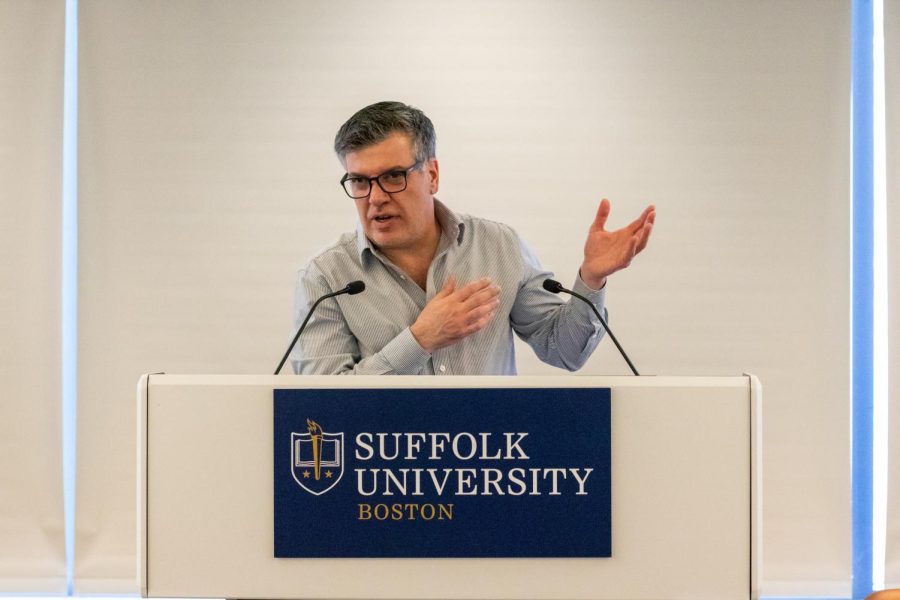The United Nations Climate Conference summit in Glasgow came to an agreement after world leaders negotiated for two weeks, going over their Nov. 12 deadline.
The conference president made a push for nations to commit more efficient actions to curb the climate crisis. According to BBC, these main issues included financial help for developing countries and alternatives to fossil fuels and coal.
Reuters reported, the final deal required nations to establish durable goals for next year. Researchers say this was needed in order to prevent irreversible damages.
“We have come a long way over the past two weeks and now we need that final injection of that ‘can-do’ spirit, which is present at this COP, so we can get this shared endeavor over the line,” Alok Sharma, Britain’s COP26 president, told the summit.
Within the last five to six years, nearly $2.5 trillion has been invested into lowering gas, oil and coal costs, according to The Independent. This comes after developed nations failed to finance $100 billion towards poorer countries struggling against the climate crisis.
Research reveals it is critical to keep warming to 1.5 degrees Celsius, an essential goal of the Paris agreement. In order to meet this, global emissions need to be cut by 45% by 2030; in order to reach zero, emissions need to be resolved by 2050.
Many environmentalists said the new draft of the agreement seemed weaker and contained more “loopholes,” according to The Independent. These “watered down” commitments included claiming fossil fuel subsidies as “inefficient,” which has many questioning what the best way to use public money to capitalize greenhouse gases.
Many environmentalists felt that the deal left out key points that needed to be addressed. President of the Suffolk Environmental Club, Diana Gastelum, expressed her doubts and concerns over the summit.
“These conferences achieve little in climate action, aiding developing countries who are the most impacted by climate change and not allowing the conference to provide a voice for indigenous and BIPOC communities is an issue that still needs to be addressed,“ said Gastelum.
The deal left out heavily relied on fossil fuels like oil and natural gas for countries such as the U.S. According to The Independent, countries such as India are behind in establishing carbon capture and storage in coal-fired power plants.
“At the end of the day, I don’t know if country leaders and their policymakers will commit to the change they talk about or whether they will go on with their habits in order to make a profit,” said Gastelum.












